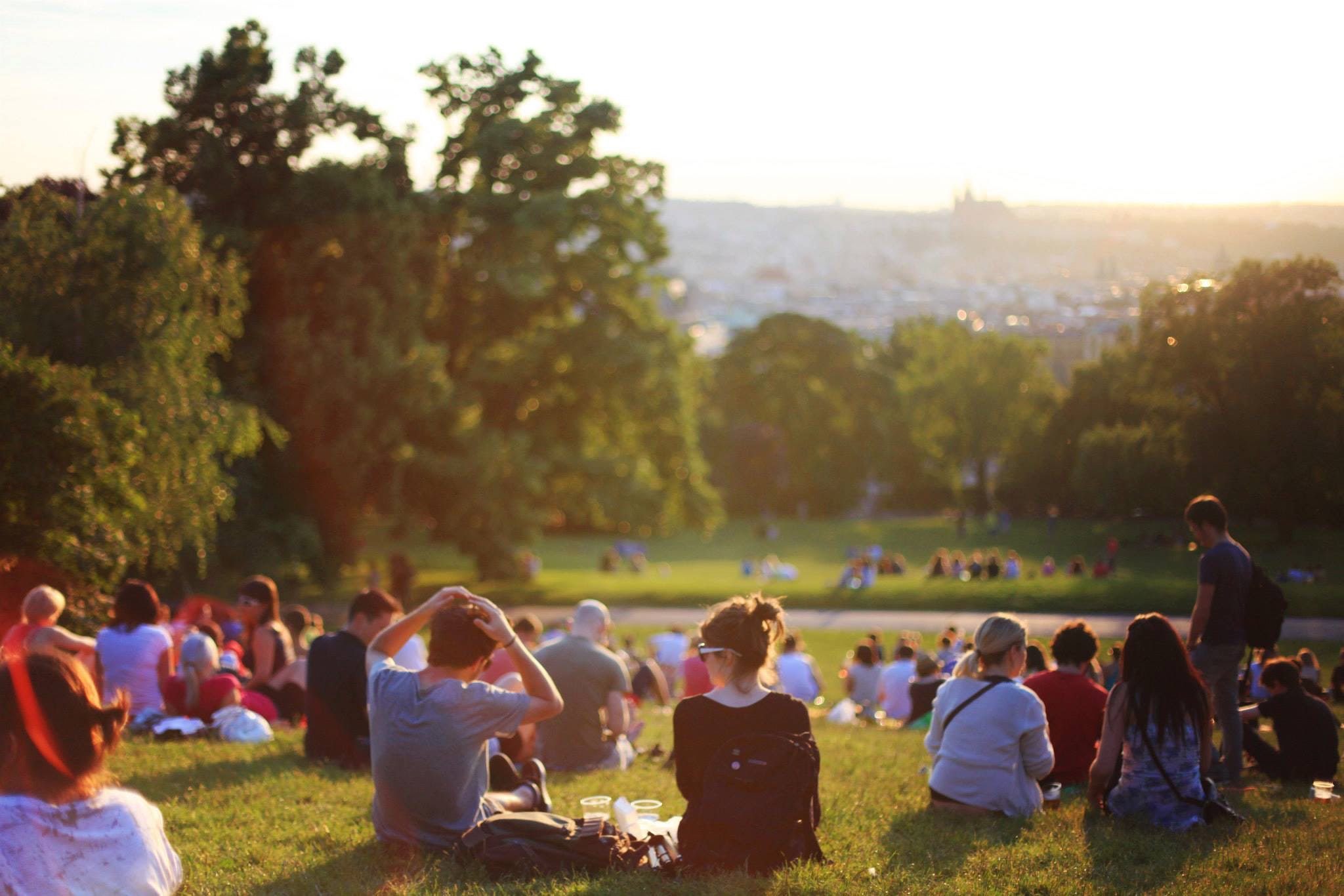Le 26 Août 2021 - Tags: opinion, insideWellington, localDemocracy, wcc
As we navigate lockdown, 2021 edition, the Wellington City Council has released its yearly Residents Monitoring Survey. While the City Council found that “Wellington performs well in survey and safe city index”, news outlets painted a very different picture:
“Satisfaction with the WCC has halved in 12 months – official survey” headlined Scoop;
“Survey reveals Wellington residents are more unhappy with city council than ever before” headlined the Herald;
“Public confidence in Wellington City Council’s decision-making plunges by almost half” headlined Stuff.
And rightfully so: amongst the 1500 residents who were surveyed between February and March, only 16% are satisfied with the Council’s decision making. This is compared to 30% satisfaction last year, and a self-set target of … 45%. Please let that sink in: 16%.
The Mayor and Councillors all agree this result is appalling. Earlier this year, they were quick to describe the situation as of “major concern”, when the approval rating was at a stratospheric 30%. Why are Wellingtonians so frustrated with their Council? The fact the survey was carried out earlier in the year when water pipes were bursting randomly through the city can probably explain why the main reason cited for the lack of confidence was the state of the city’s infrastructure. The slower-than-snail Let’s Get Wellington Moving, or the Mayor’s seeming inability to fix transport, despite campaigning on this, probably didn’t help either.
But the other concern was the feeling of not being listened to, and the dysfunction among City Councillors. Sadly, what we see nowadays is a City Council going against its electoral promise (Shelly Bay), officers going against the vote of elected members (innovative streets, planning for growth), elected members going against what officers painfully harvested during consultation (Spatial Plan), or consultation that is simply a tick box exercise (Cobham Drive crossing, which even prompted this “the fine art of consultation”).
An interesting fact is that the issue around consultation is not new. Others have tried to address community engagement before. Look at this picture:
Hack Miramar version 2.0: community engagement civic hackathon produces four ideas
In it, you can see two Mayors, at least two Councillors (I can maybe see a third), and familiar figures in the East. It was in 2015 when the “Hack Miramar v2.0” looked at Community Engagement: the issues they listed then were the same as they are today:
The community feels that their input into consultation by various local and central government agencies is valueless. That regardless of what they submit, they are not listened to. This has created a feeling of apathy which is reflected in our appalling turn out figures for elections.
The councils, some of them, feel that they are spending a lot of time and money on a process that is not working. The Regional Council says that this is potentially an issue that is more important than transport. They don’t understand why we engage on some things and not others.
Other Councils have created the problem themselves. The WCC has reduced the number of public consultation staff from around seven, to one. This underinvestment has slowed engagement.
We have many different residents groups and community groups that simply don’t know about each other. They often have the same ideas and projects, but don’t connect to make that stronger.
There is poor information about what is happening in our community. From alcohol license applications, resource consents, road closures, public notices, events, hazards, ideas, and a plethora of data, we have no central view of that as a city.
Lobby groups are seen as unfairly skewing the consultation process. A well organised group can change a consultation outcome through active lobbying while the community feels side lined, or forced to form their own opposition groups.
Another example is the City Council initiated “Masterplan” for the Miramar peninsula, first drafted in 2016. Today, it is still that, a draft, for what could and should have been a model in local democracy engagement, and an accurate snapshot of one community’s aspirations.
Could it be that our local democracy is failing us? Could there be, potentially, room for improvement on how we do consultation? How can we ensure we as a city, as a group of human beings, make sound decisions, that are a true reflection of a common aspiration, for the greater good?
During my interviews with Eastern Ward Councillors and the Mayor, all agreed consultation could be done better, but none had a solution. Fleur Fitzsimons, on the other side, has a solution to restore trust and increase voter turnout: amalgamation. May I remind Fleur this proposition has already been pushed back, perhaps out of fear it could create an even wider chasm between voters and elected members?
What we don’t need is a bigger, more disconnected body to govern the fate of our city. What we need is a much closer, rawer link between residents and the decisions being made:
We need a mechanism we can trust, harvesting opinions from all layers of society on spatially and timely defined issues;
We need a solution that enables a moderated debate of ideas to which verified people, anonymously or not, can contribute, from any location, as long as you are a Wellington resident (renting or owning);
We need a system accessible from your phone or your laptop, presenting you with suburb or citywide issues relevant to you, with several levels of factual details;
It is important people’s identity is verified because, following the debate, a vote would take place, a vote that is binding, or at the very least, gives an arbitrary (two?) number of votes at the Council table;
In conclusion, we need a method by which one can say, unequivocally “this is what the community wants” or “this is what Wellingtonians want”. With that knowledge at hand, the debate around consultation and Council’s bias would be shut once and for all.
Being a “solutionizer” by trade, and in IT with that, my natural inclination would be to look at a tool that could tick all of the boxes above. And there are plenty available: LiquidFeedback, “The democracy software”, Loomio, “Better decisions together”, DemocracyOS, “Change the tool”, Social Pinpoint, A place to engage your community”, Citizen Space, “The digital platform for democratic involvement”, Bang the table (surely this one is French!), etc. I thoroughly believe that, while grassroot engagement and community meetings are important, a digital tool to connect ideas and aspirations is essential to get more people interested: a one stop shop where people can go, engage, debate and vote, a tool that is a forum, a petition, a survey and a social media platform, all at the same time!
Improving consultation, increasing engagement, restoring the bond between a community and its elected members: these are basic needs for our city to function properly and to bring us together on a journey towards a common goal. Addressing the flaws of our current engagement process is an essential prerequisite to then tackle all the other issues. As the City Council looks at slicing up the electorate map for Wellington, it should keep in mind how much satisfaction and support it is getting from the residents, and work at improving engagement above everything else.
- Benoit -



